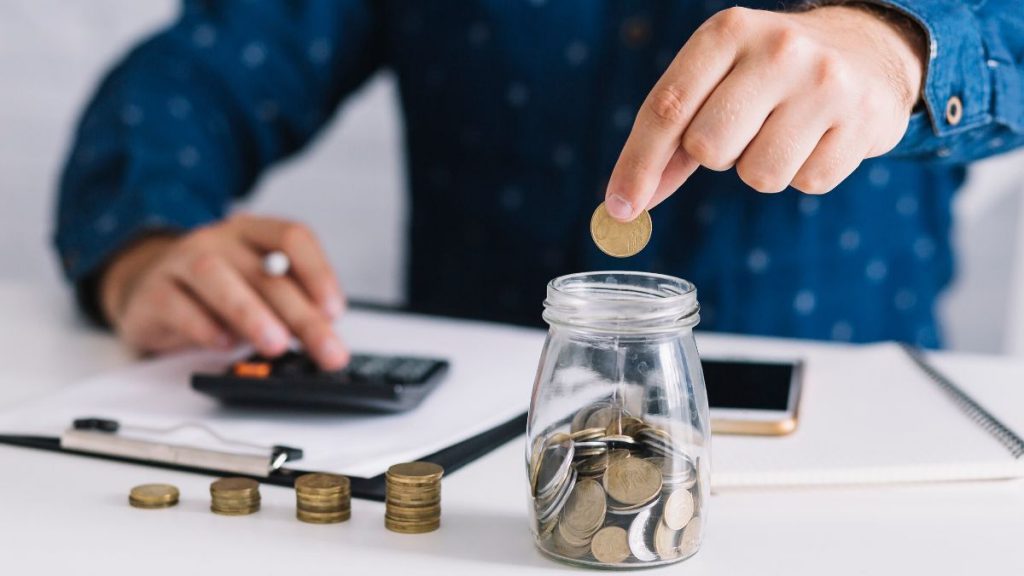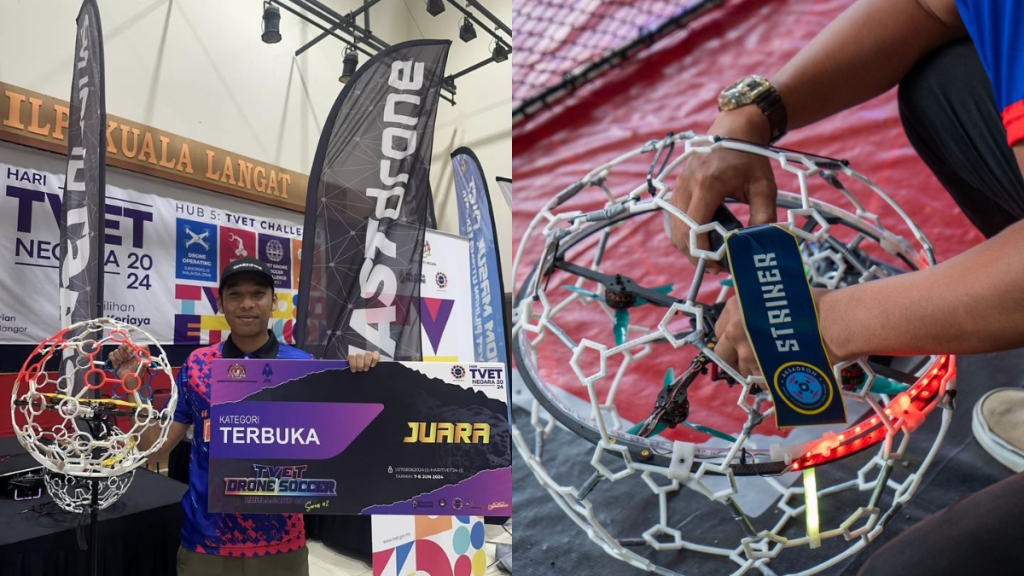Author’s Blurb: I’m still living with family, so I’ve been extremely privileged to have spent very little money this MCO. So far I’ve only spent over RM100 for a one-time grocery run and a voucher for a future fishing trip. This is in stark contrast to the few hundred ringgit per month I used to spend on petrol alone.
Being stuck at home during the MCO taught us a lot about ourselves, and one aspect of that is our money related habits.
Both saving and spending were common activities at this time, depending on someone’s situation and priorities.
But the question is, what were millennials doing more of thanks to the MCO? We spoke to a few of them to find out, and here’s what they had to share.
Spending More Thanks To The MCO
Out of the millennials who spent more, not everyone was spending on wants. One of them is Carrie, who actually spent more than she intended to because of needs.
Thanks to the MCO, her weekly cleaner was unable to come. When she attempted to do housework, several of her household items broke.
Some of the items that she had to buy included a vacuum, a floor scrub, and a new water/food bowl for her dog.
In between those expenses, she also spent on a pair of new wireless earbuds, which were necessary to improve the quality of her frequent virtual meetings during WFH.
The only want that she indulged in was a game on Steam called Stardew Valley that she bought after her friend’s insistent requests for a multiplayer experience (full disclosure: that friend is me).
Aside from Carrie, the other millennials we spoke to who spent more during the MCO had definitely splurged on wants.
Matt thought that he toed the line between spending and saving, but eventually admitted that he leaned more towards spending.
“Since I watch a lot of livestreamers on Twitch, sometimes I would spend by subscribing to their channel. It costs US$5 (around RM20+). I’ve spent about RM300 as well on online games,” he shared.
The MCO gave him the time to watch these livestreamers, hence why he decided to spend on subscriptions to be a part of the community.
Rikco also spent a total of RM500 on games. Here’s his reasoning for that though: “Let’s say in a month, there are 4 games I want that come out. That means I would spend a lot in that single month.”
And just as his luck would have it, during the MCO, several games that he’d been eyeing were released, and so he spent.
Prior to the MCO, Shannen mostly ate out or ordered food delivery, but now she spends more on groceries due to anxieties over food delivery processes.
Because she’s a “sucker for online ads”, however, she also indulged in clothing brands that had lockdown sales.
She usually leaves items in her cart to mull over for a few days to convince herself not to buy them, but at times when she struggled to cope with the MCO, she fell victim to emotional spending.
“I just went to my cart and paid for everything. Seeing the discounts while being sad was definitely the perfect combo to get me spending,” she laughed.
Were Those Purchases Worth It?
Overall, all 4 millennials who spent more thanks to the MCO found their purchases worth it.
Carrie said, “The household items made cleaning much easier, which actually made me more at ease at home because I would get a little irritated when my house was dirty.”
“The leisure purchases I do think were worth it because they weren’t expensive and I’ve been using them almost every day since I bought them,” she added.
For example, we play Stardew Valley quite frequently throughout the week, so Carrie finds value in that purchase through the social interaction she enjoys, and likewise for Rikco, who also plays games with friends.
Shannen’s non-F&B purchases were also worth it to her, as they added value to her home or happiness. “For example, I bought a light projector that projects ocean waves onto my ceiling in different colours. Now every time I get frustrated or when work angers me, I go into my room, turn on my projector and just chill with some music on.”
Saving More Thanks To The MCO
According to the millennials we spoke to who saved more, they managed to free up money by cutting down on: transportation costs, food deliveries/eating out, clothing and beauty expenses.
Now that everyone was WFH or simply just stuck at home during MCO, their spending was heavily shifted.
Besides saving money by cooking at home (as that’s quite a given), another reason why they were able to save was thanks to having nowhere to go.

“I save a lot on entertainment since now I can’t go out and mostly rely on online games to connect with my friends when in fact, we used to go to cinemas, karaoke rooms and badminton courts before the MCO,” Jeannette said.
For Ashleigh, she found other benefits in having nowhere to go. “It helped me see what were truly necessities and also see what in our house needed an upgrade that wasn’t a priority since we were channelling money elsewhere.”

Samantha also realised something similar. Her father would often tell her that brands aren’t everything and practicality is more important, but she never used to listen.
“But in our current situation, this has helped me rethink how I would want to spend my money. Yes, ‘#treatyourself’ is a good way to reward yourself after achieving something, but don’t use the term loosely as it can cause you not to think logically and do whatever feels ‘right’ in the moment,” she shared.
Another thing that drove savings during the MCO was fears over the economic recession, as Jolene pointed out.
“Plus, a lot of local businesses are closing down so it seems like everyone’s not in a good place and it’s probably a good move to save as much money as I can now.”
Therefore, to spur saving, she would overestimate her expenditure to give herself some moving room and most often, she ended up with savings at the end of the month.
Post-MCO Money Managing
While we didn’t have a big sample size, it’s interesting to see that savers and spenders were split 50-50 for this interview.
Saving and spending also weren’t mutually exclusive, as they were all doing both, it was just a matter of which one they were doing more of.
Those who were also spending more weren’t doing so recklessly—they were consciously choosing to spend on specific items for personal reasons, and spending within their means.
All the millennials we spoke to will have to go back to spending on transportation costs and (most likely) eating out for lunch again once the MCO is over.
Following the return to their pre-MCO lives, they shared that they will certainly be more cautious on how they choose to spend their money.
Bottom Line: As much as I miss the office, I’m not excited to begin spending on petrol, tolls, and eating out once again, simply because I love saving money. Not being able to spend on wants isn’t much of a problem for me, as I’m generally quite a frugal person anyway.
- You can read more MCO related articles here.
Featured Image Credit: freepik


















